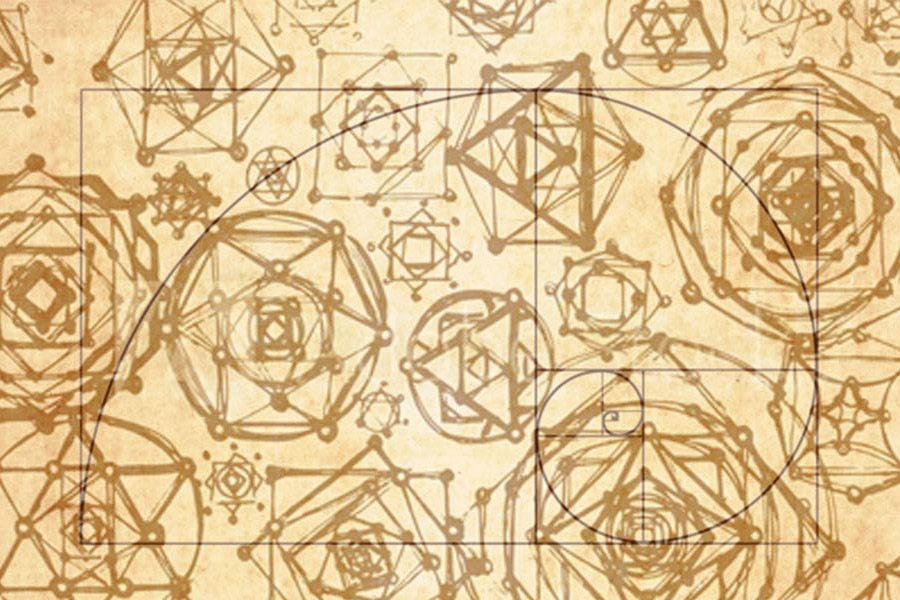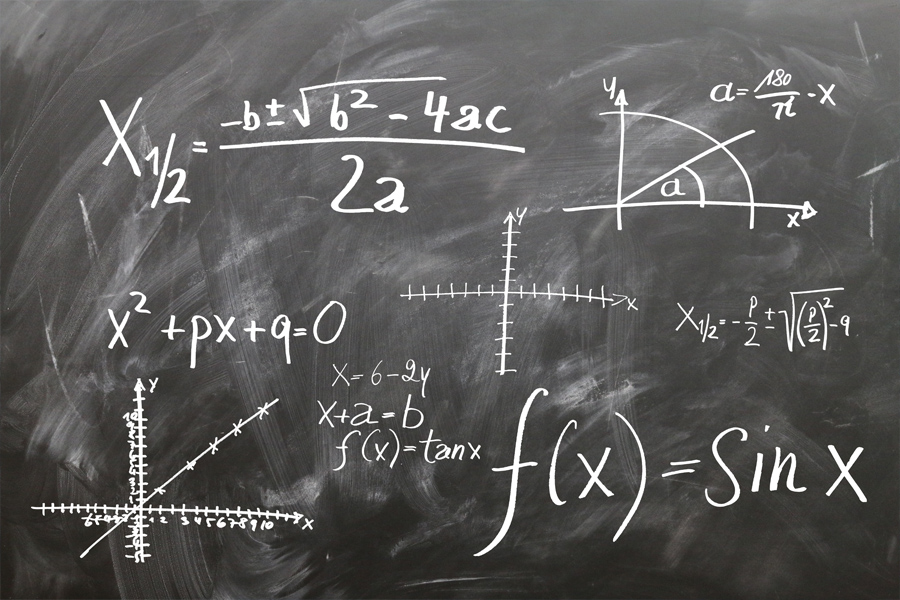Mathematics
 |
Department of Graph Theory and Combinatorics |
Graph theory, this dynamic and captivating branch of mathematics, lies at the heart of the contemporary scientific revolution. With its rapid growth, this science has not only contributed to the internal advancement of mathematics but has also acted as an engine for the development of many other scientific fields. The discovery of graph theory's remarkable applications in various domains has ignited immense enthusiasm among researchers to explore this field.
Today, research in this area is not confined to abstract topics alone; there is a significant focus on finding concrete, practical applications to model and optimize real-world problems. In fact, a graph can represent almost any physical system and network of relationships between entities. Consequently, graph models have captured a wide range of applications across various engineering disciplines and communication sciences.
Among these applications are the following:
- Artificial Intelligence (AI): Developing knowledge graphs, applying graph neural networks (GNNs) in machine learning, natural language processing, and computer vision.
-
Social Networks: Analyzing the structure of virtual communities and information dissemination.
-
Quantum Technologies: Designing and analyzing the architecture of quantum computers.
-
Security: Identifying vulnerabilities in computer networks and designing security protocols.
-
Location Analysis: Optimizing the placement of fire stations, hospitals, and service centers.
-
Biological Sciences: Studying protein interactions, disease spread, and food chains.
-
Chemistry: Analyzing the structure of molecules and chemical compounds.
Graph and Combinatorics Specialization at Babol Noshirvani University of Technology
Given this vast potential, Babol Noshirvani University of Technology has established a "Graph and Combinatorics" specialization within the Master's degree program in Mathematics and its Applications. This specialization provides an exceptional opportunity for students to specialize in the study of this science and contribute to its frontiers of knowledge.
| Department of Analysis |  |
 |
| Department of Analysis |
The specialization of Circular Analysis in the Mathematics Department of the Faculty of Basic Sciences is introduced in the following three branches:
1. Harmonic Analysis: In addition to activities in the field of harmonic analysis, related topics in this field include functional analysis, operator theory, analysis on compact locally compact groups, and semigroups. Additionally, work is conducted in areas such as Banach algebras, group and semigroup algebras.
2. Applied Functional Analysis: In this specialization, nonlinear analysis techniques, including the three major categories of variational methods, topological methods, and variational changes, are used to solve problems related to finding solutions, examining the number of solutions and analyzing their behavior, determining the regularity of solutions, and determining their sign for equations involving nonlinear operators. The problems under investigation often arise from modeling natural phenomena. The numerous results and applications in contemporary sciences such as mathematical biology, economics, optimization, and quantum physics testify to the importance and appeal of this specialization.
3. Fractional Calculus (i.e., the extension of differential and integral calculus to the classical sense): The main activities in this specialization include its applications in areas such as a) the theory of differential equations, b) inequalities, c) numerical analysis, and d) related topics of interest to the applicant, such as stochastic processes, entropy, etc. Although its applications are fundamental in various fields, especially in physics and some engineering disciplines.
 |
Department of Geometry |
 |
| Department of Geometry |
Perhaps geometry can be called the oldest branch of mathematics. It initially emerged to address human needs for calculating the area and measurements of various geometric shapes. Over the ages, it evolved significantly. The fundamental conceptual shift in mathematics occurred with geometry. Euclid's book "Elements" was an attempt to strengthen the concepts and results of geometry through a set of foundational principles. Among these principles, the concept of "parallelism" posed a long-standing challenge. Eventually, these challenges led to the discovery of another fundamental system in geometry, now known as non-Euclidean geometry.
In modern times, in addition to the foundational approach, two major methods exist for studying geometric problems. The first method involves investigating geometric shapes by examining various measurement methods for length and angles within them, known as Riemannian geometry. The second method examines geometric shapes through transformations of their lengths, known as Lie groups. Today, geometric concepts are defined on objects called topological spaces. Topology, as the study of continuity and transformations that preserve fundamental properties of shapes other than breaking or gluing, is one of the most foundational concepts in modern mathematics. Notable branches of topology include algebraic topology and the theory of dynamical systems, among others.
|
Department of Algebra |
 |
 |
| Department of Algebra |
Algebra is one of the specializations available in the field of mathematics and is offered at the graduate level by Babol Noshirvani University of Technology.
Some of the diverse areas within the Algebra specialization include:
1. Permutation Algebra
2. Non-Permutation Algebra
3. Group Theory
4. Ring Theory and Modules
5. Combinatorial Algebra
6. Algebraic Geometry
7. Fuzzy Algebraic Structures
8. Hyperstructures
The major research topics conducted by faculty members and graduate students in the Algebra specialization at Babol Noshirvani University of Technology include:
1. Non-Permutation Algebra
2. Group Theory
3. Division Ring Theory
4. Module Theory
5. Fuzzy Algebra
 |
Department of Numerical Analysis |
 |
| Department of Numerical Analysis |
This branch aims to train professionals who, in addition to a solid mathematical foundation, possess the ability to quantitatively and qualitatively analyze industrial and economic problems and optimize them. Numerical analysis involves studying and modeling physical phenomena and applying approximate methods to solve mathematical problems that cannot be solved using analytical and exact methods. Various programming languages and software tools are used for implementing algorithms, with some of the most important and practical ones being:
1. MATLAB
2. Maple
3. Mathematica
In numerical analysis, the following subfields are studied, and the expertise and resources for all of these areas are available within this group:
1. Numerical Linear Algebra
2. Numerical Solution of Linear and Nonlinear Differential Equations
3. Numerical Solution of Optimal Control Problems
4. Numerical Optimization
5. Interval Analysis
6. Numerical Calculus
7. Numerical Solution of Fractional Differential Equations